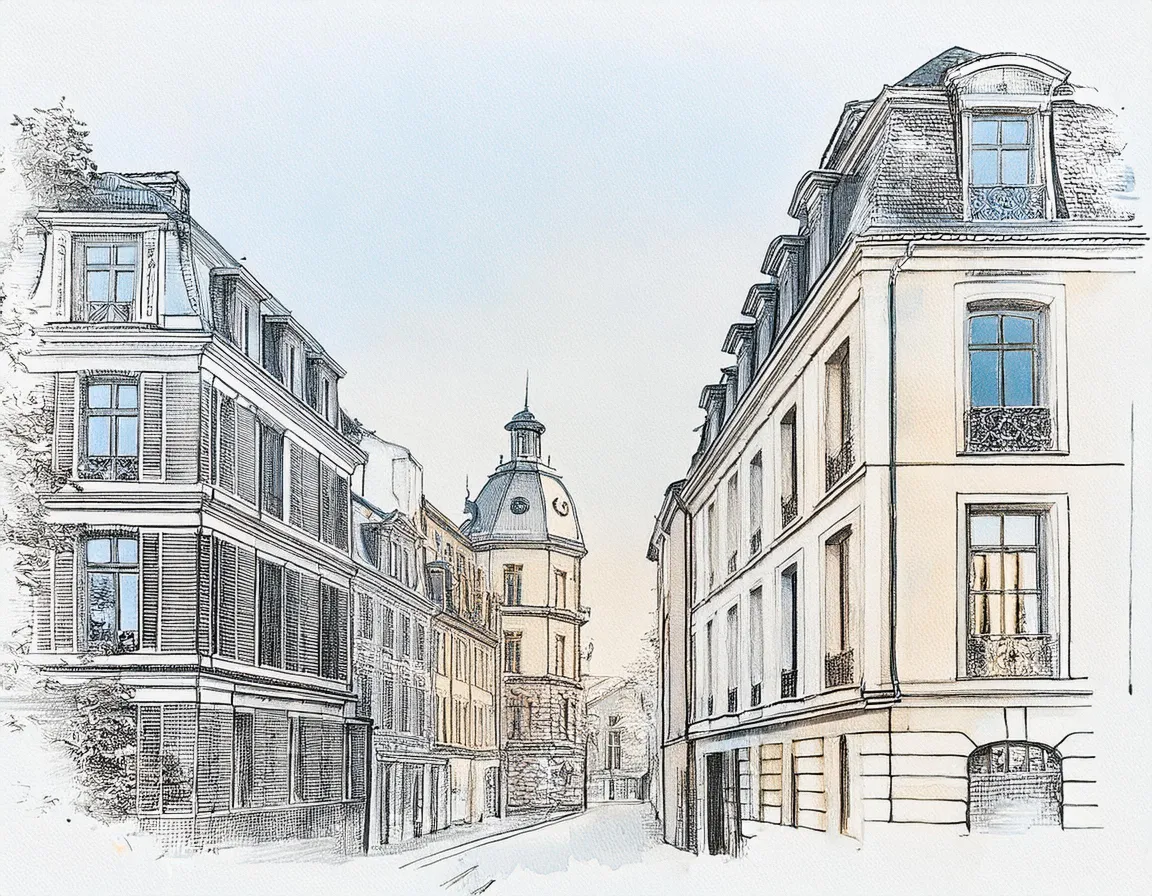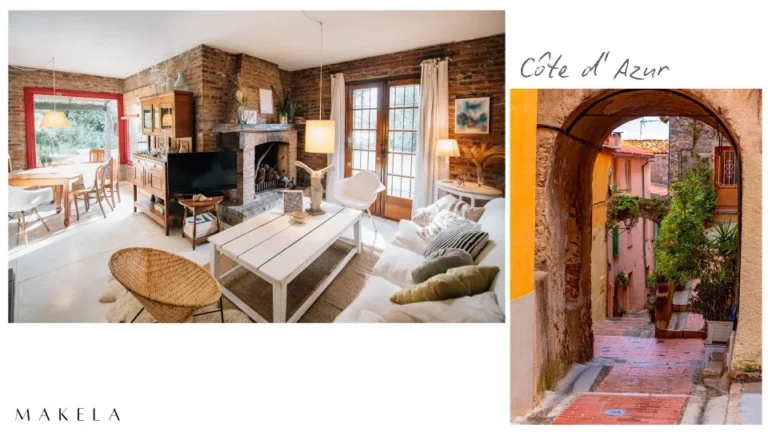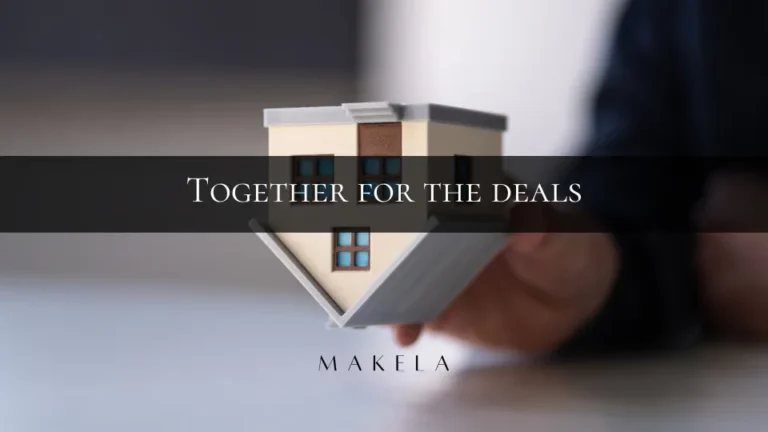1. Before the Offer
Agent Immobilier – Real Estate Agent: A licensed agent who assists in searching, evaluating, and negotiating a property on your behalf throughout the entire buying process. It’s common to have agent in a both sides for the buyer and for the seller. Collaboration between agents helps buyers to reach more properties. Number of agents doesn’t affect the final sale price since they share the commission.
DPE (Diagnostic de Performance Énergétique) – Energy Performance Certificate: A rating of the property’s energy efficiency, from A (most efficient) to G (least efficient). This impacts both heating costs and resale value, and is crucial for assessing long-term expenses.
Apport personnel – Personal Contribution: The amount of cash paid toward the property purchase price, separate from the loan. A larger contribution improves chances of mortgage approval and may reduce interest rates.
PLU (Plan Local d’Urbanisme) – Local Urban Plan: Sets guidelines on building restrictions and zoning regulations. It’s essential if you’re considering future renovations or want insights into the neighborhood’s development plans.
Prêt immobilier – Mortgage Loan: The type of loan secured from a bank, tailored to the buyer’s needs. In general French banks are good and stable option to finance the property, offering similar terms for both international and local buyers.
2. During the Offer
Intention d’achat – Purchase Offer: A written, non-binding offer made by the buyer to the seller. It allows negotiation on price and conditions and signals serious interest in the property.
Notaire – Notary: A government-appointed official who performs due diligence, handles legal documentation, and ensures compliance with French law in real estate transactions. Note that notary fees, around 7–8% (2-3% for new builds.) are covered by the buyer. It’s adviced to have your own notary or use the one trusted by your agent. Notaries involved in transaction share the flat fee, so the number of notaries will not affect the final price of the transaction.
Compte Séquestre – Escrow Account: A secure account managed by the notary, holding funds (usually a deposit) until all conditions in the sale agreement are met.
Compromis de Vente – Pre-Contract Agreement: A binding preliminary sale contract outlining all terms, obligations, and conditions of the sale. After signing, buyers have a 10-day period to withdraw without penalty.
3. After the Offer
Acte authentique de vente – Final Sale Contract: This document transfers ownership to the buyer after the notary completes all legal checks. The buyer becomes the official owner upon signing, and the keys are handed over.
Paiement du prix – Payment of Price: The buyer’s full payment, including property and notary fees, is due before signing the final contract. The notary then transfers payment to the seller, finalizing the transaction.
Taxe Foncière – Property Tax: An annual tax on all property owners, determined by the property’s location and type. Be aware of this cost as it affects yearly expenses.
Taxe d’Habitation – Residence Tax: Typically paid by the occupant on January 1, it may apply to the buyer if they occupy the property. Certain exemptions apply for primary residences and based on income.
Assurance Emprunteur – Mortgage Insurance: Most French lenders require loan insurance to cover payment in the event of death or disability. Premiums vary based on age, health, and loan type.
These terms will provide a clearer view of the French buying process and help buyers to solid have overview of the process.




